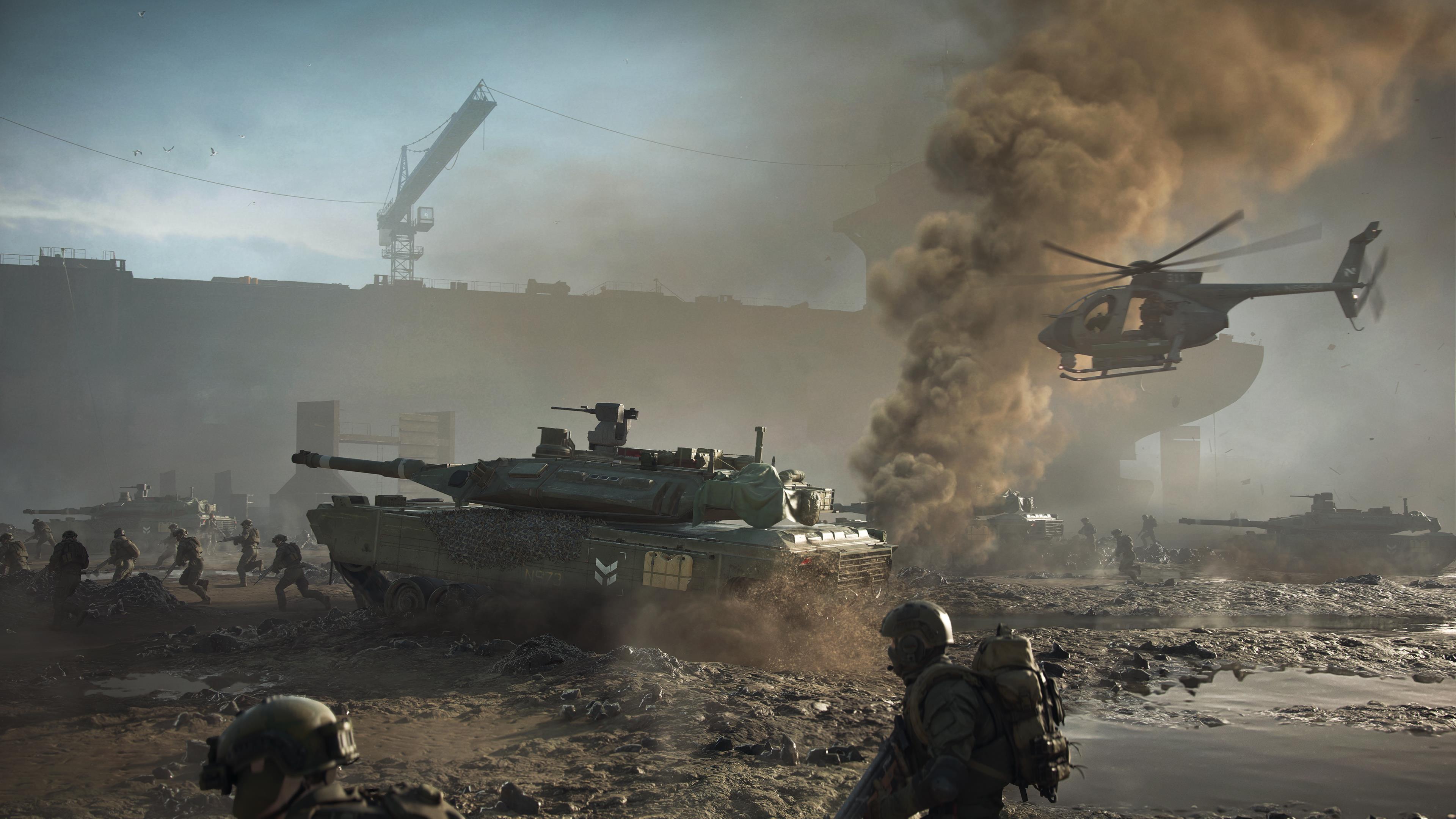As part of the publisher’s earnings call for Q3 of its FY2022, where EA said that Battlefield 2042 had a tough launch and missed its sales target, we also got to hear how EA views the future of the game now that the first season has been delayed, and it continues to bleed players. CEO Andrew Wilson was specifically asked during the call whether EA has considered ways of luring players back, such as by making any elements of the game free-to-play, as well as DICE’s ability to even do so after all the development work is done. Wilson’s answer was illuminating, because it acknowledges – in part – that DICE is good at this sort of song and dance. “As much as I hate to admit it, DICE’s the studio that has been able to do this a number of times now and really go back and rebuild at the core and reengage the community, as long as we do that in conjunction with a committee,” said Wilson. “That’s what that studio was so great at doing.” The CEO also pointed to the recent leadership shakeup at DICE, and the appointment of Respawn’s Vince Zampella as head of Battlefield as EA’s way of setting things in motion to hopefully allow Battlefield 2042 to bounce back after its controversial launch. Indeed, Wilson believes that the pre-launch demand for the game can reoccur again and raise its profile. For its part, DICE vowed not to implement any changes without involving community feedback into the pitch, though the developer warned that manifesting changes takes time – so it may be a while yet before Battlefield 2042 reaches the Battlefield 4 or 5 status and turns things around. It is rare that a game publisher pretty much admits what everyone is thinking. The idea that it’s okay for Battlefield games to launch in terrible states because things will get better later – as they historically have – is one brought up repeatedly by the most diehard amongst the community. This pattern of post-launch patch-ups has been used as a catch-all defence against all criticism during the beta period and launch period for the past few Battlefield titles. But it’s one thing for fans to adopt this mantra, and another entirely for the game’s publisher to view it as a viable strategy. EA is obviously putting its best foot forward here; trying to placate investors, telling them that things are going to get better, because they have in the past in the same franchise from the same studio. However, it’s alarming that things have gotten to this point – where CEO Andrew Wilson can twist the meaning of long-term post-launch support to be about, well, fixing what came out broken rather than expanding and enhancing. This attitude also sidesteps the long-term damage this exercise does to the brand, and to the players’ trust in EA’s ability as a publisher to do the right thing on the first try. Both of DICE’s recent projects – Battlefront 2 and Battlefield 5 – launched with their fair share of problems, many technical, and with some due to their business model and content structure. EA is also the company that published BioWare’s Anthem, and Mass Effect: Andromeda in similar circumstances. Except, unlike DICE’s games, EA abandoned the latter two and cut its losses. I doubt Battlefield 2042 is going to suffer Anthem’s fate; largely because EA already pre-sold a full year’s worth of content. At the very least, DICE will deliver what was promised, but it’s much harder to predict player sentiment over a year from now when support is wrapping up. More pertinently, EA must understand that its unwillingness to meaningfully delay games and get them into a better shape before they’re actually in players’ hands could one day turn it into the maker of sports games – and little else.
